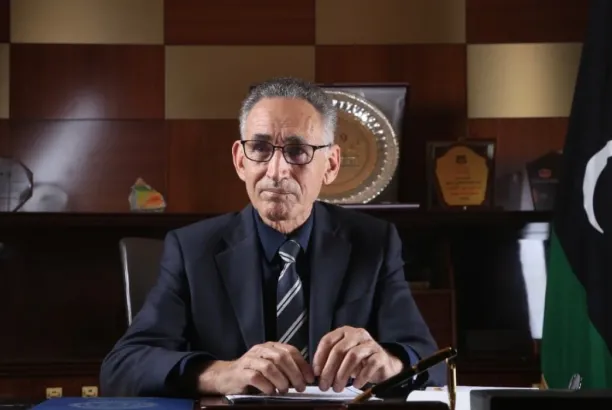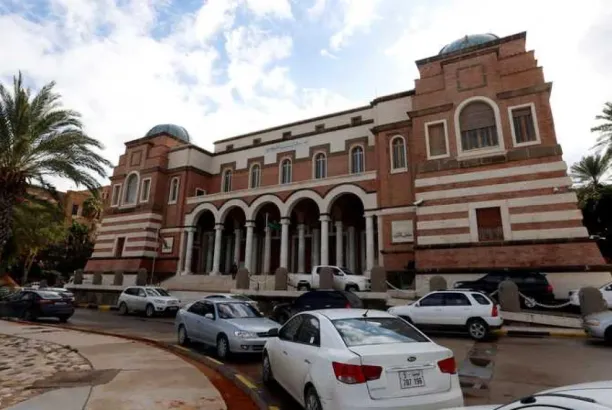
| News
Exclusive: Al-Shhumi Comments on Central Bank Board’s Decisions, Says Priorities Should Include Reevaluating the Exchange Rate
Economic expert Suleiman Al-Shhumi spoke exclusively to Sada Economic newspaper, commenting on the recent decisions made by the Board of the Central Bank of Libya during its first meeting, part of a short-term plan aimed at providing a positive boost to the Libyan community and the financial and economic sectors. However, he expressed concerns that the Board’s decisions might have set expectations too high, suggesting they should have been more precise, especially regarding the opening of interbank clearing between the east and west.
He explained that the decision to open interbank clearing requires more than a decree from the Central Bank; it demands genuine intent, with clear, positive steps announced for opening it. This is particularly important because clearing is linked to settling the accumulated public debt held in the Central Bank’s branch in Benghazi. Such a settlement requires a political decision (a legislative decision by both councils) and the Bank’s actual ability to implement it on the ground by carrying out the settlement and opening clearing comprehensively, rather than through the temporary balance transfers previously attempted.
Al-Shhumi added that, in the past, the Central Bank claimed it had opened clearing, but existing issues created obstacles to a full and comprehensive clearing process. The Bank also made optimistic promises for the future, such as implementing lease financing under the 2010 law, though this law may need significant amendments to enable the proper establishment of lease financing companies, along with time to organize it effectively.
He further noted that opening the currency exchanges requires exchange rate stability and an adequate supply of foreign currency, among other conditions that may not be immediately achievable. On investment and deposit usage, he suggested the Board should prioritize applying the law that reinstated traditional interest, passed in 2023, and questioned why this law has not been implemented.
Al-Shuhumi argued that the Central Bank should focus on its core role in managing the exchange rate. He highlighted that the Bank’s statement did not indicate any plans to reassess the exchange rate, nor did it address the tax on foreign currency sales despite court rulings calling for its repeal. While the recent decisions convey a positive and necessary message, he believes some will be difficult to implement. Moreover, the statement ignored key issues central to the Bank’s role, such as exchange rate management, transparency, and how the Bank intends to address the presence of two governments in the country.





